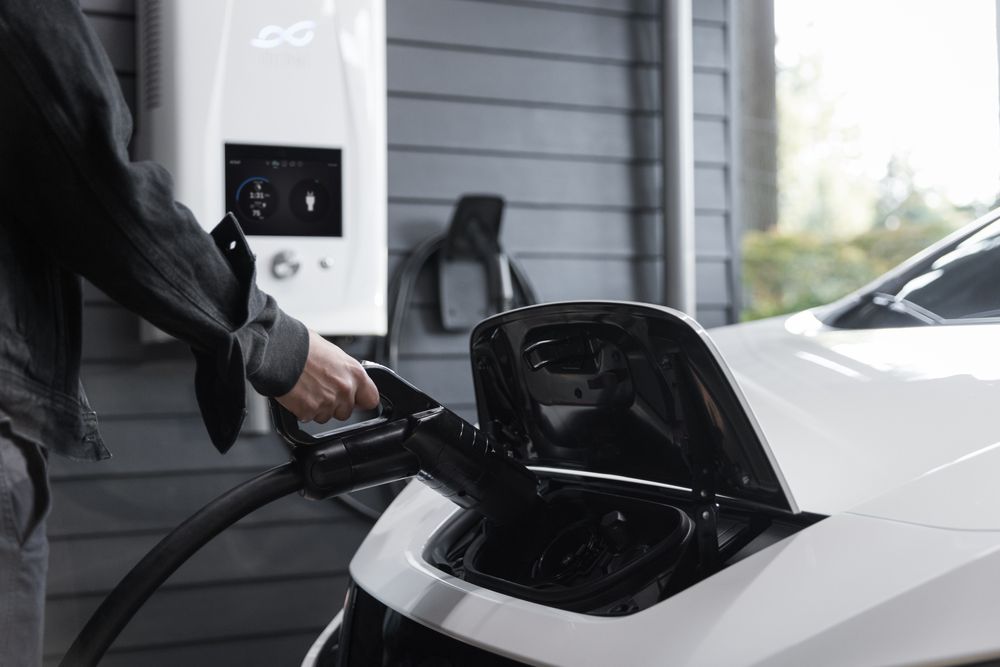New life for e-car batteries
Batteries from retired e-cars are a problem. In Germany, an innovative plant has been put into operation to recycle batteries. Switzerland is also working on solutions.
More and more people are turning to e-mobility. This is good news because regardless of the emissions generated in the production of e-cars, battery-powered vehicles are one of the main pillars for a sustainable future. One thing is clear: the climate targets formulated in Paris will not be achieved with conventional engines.
But more e-cars also mean more e-scrap. Used e-car batteries in particular are increasingly becoming a problem. Not only because they cannot simply be thrown away. But also because the extraction of lithium can be environmentally problematic. Recycling e-batteries - or their raw materials - therefore makes sense. Efforts to recycle batteries are correspondingly great. In Germany, an innovative plant has now been started in which batteries are shredded and raw materials recycled.
Holistic recycling
In fact, the commissioning of the hydrometallurgical process facilities in Hilchenbach, Germany, makes possible a new kind of process for recycling lithium-ion batteries. The plant was built by the SMS Group with its Australian partner Neometals. It is now in test operation and shreds old lithium-ion batteries. Up to now, these have mostly been melted down. However, this produces a lot of CO2, and not all battery materials are recovered.
The plant in Hilchenbach is intended to change that. All battery components will be recycled and reused in an efficient process, for example as cathode material. This is then to be fed back into the battery production supply chain.
The demonstration plant consists of a shredding and processing unit and a hydrometallurgical process unit. The shredder breaks down the batteries into individual parts: Plastic and iron are separated from the valuable raw materials. Copper, nickel, cobalt, or lithium can be recovered via a reaction with a liquid. In addition, the plant will offer the possibility to directly track the recycling process. In this way, companies can see which products can be recovered from their waste battery material - and which possible applications are available.
Switzerland also recycles e-batteries
From 2024, the Swiss start-up Librec also wants to recycle batteries from e-cars in a new recycling plant in the canton of Solothurn. The plant is expected to recover at least 90 percent of the raw materials. In the first year, about 300 tonnes of batteries from around 1000 e-cars are to be recycled. In ten years, the company hopes to recycle more than 3000 tonnes annually.
As e-mobility increases, the company may have to consider a second facility. Librec wants to finance the disposal system through a contribution to the purchase of an e-vehicle - for example, one franc per kilo of battery - as well as through the sale of the recovered raw materials.
About the author
Lukas Rüttimann is a journalist, copywriter and storyteller. He has worked for numerous Swiss newspapers and magazines, in various capacities from reporter to editor-in-chief. As a freelancer, he covers a broad spectrum, with sustainable, social, cultural and economic topics particularly close to his heart. Lukas Rüttimann has lived in the USA, among other places, but now lives and works from Zurich.
